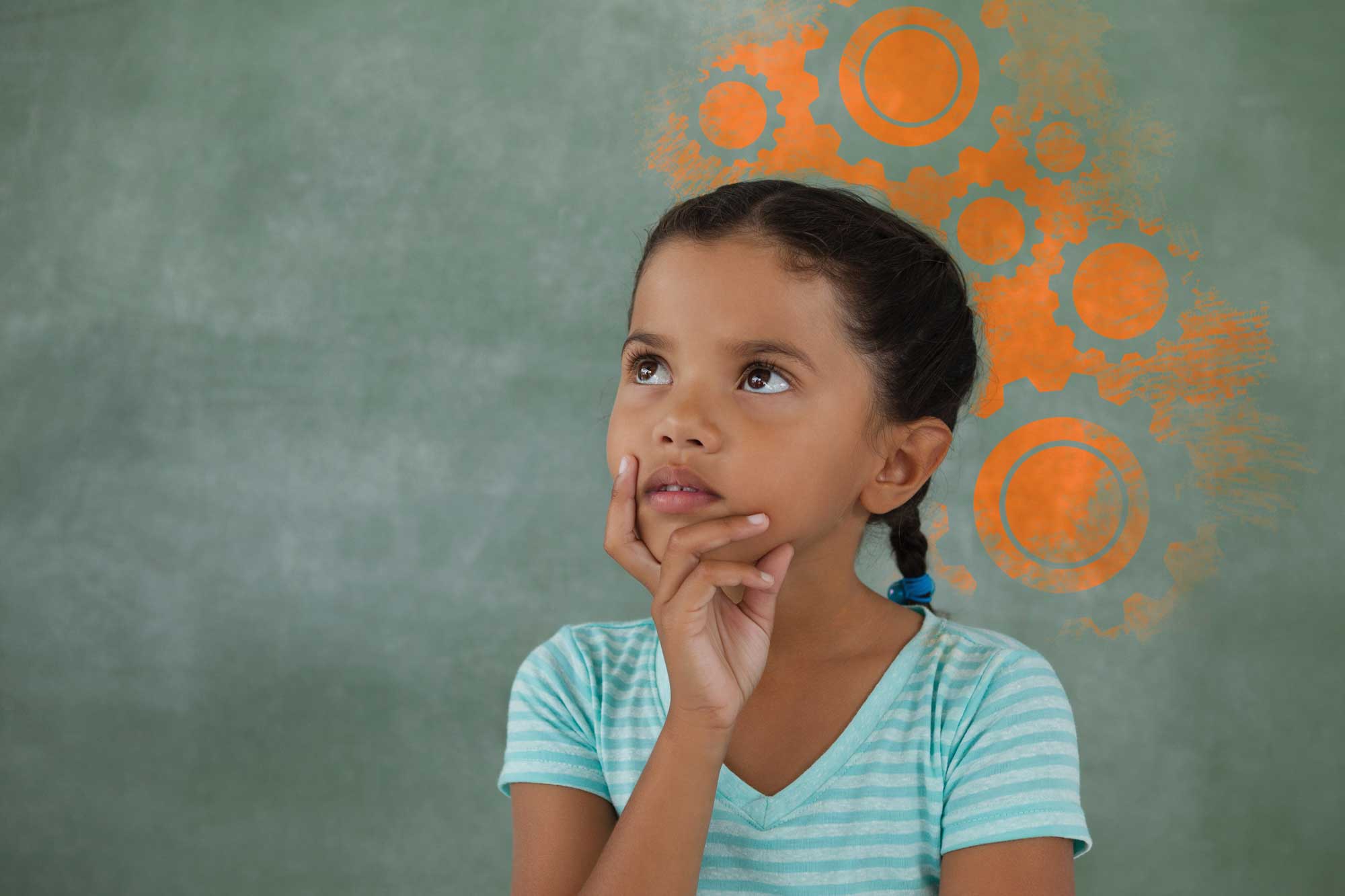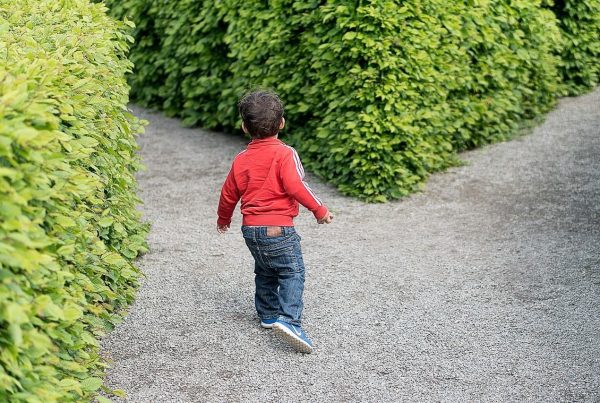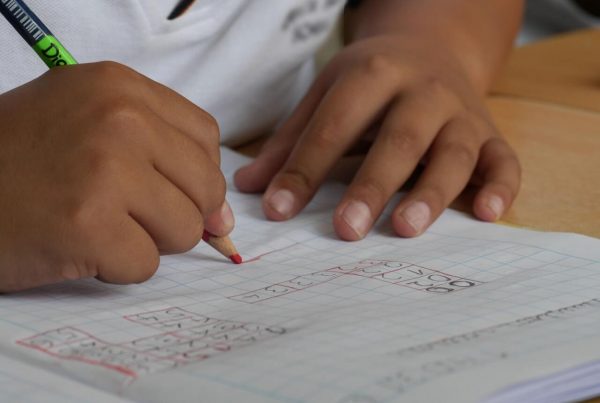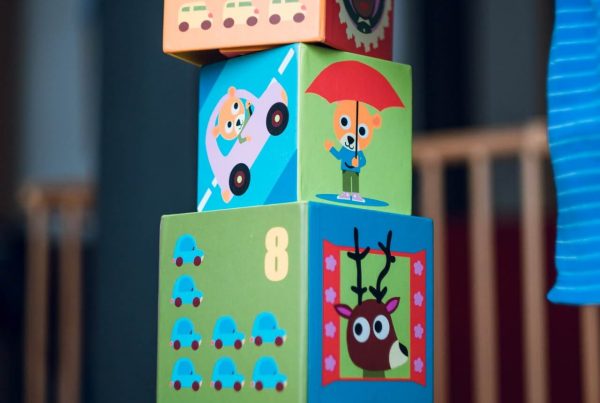
To quote Jean Piaget, “The goal of education is not to increase the amount of knowledge but to create the possibilities for a child to invent and discover…” At Little Thinkers Center, we believe for an individual to truly learn something, the child must go beyond rote memorization and think critically.
Critical thinking is the system we use to make judgements and decisions, resolve problems, analyze new information, and create different solutions. Critical thinking is a form of learning, thought, and analysis that surpasses rote memorization and recall. It is the ability to process and evaluate information, and it is how we determine right from wrong. Whether a child is solving a math equation or acquiring a new language, critical thinking can aide and accelerate the learning process. It is an essential life skill that every child needs to develop as they progress and mature through life.
Children who have difficulty with critical thinking tend to make poor judgements, fail to reason logically, and will let their emotions dominate their actions. Typically, children are curious, imaginative, and creative. They often begin to think critically once they are able to communicate with the important adults in their life. However, critical thinking can be stifled when children are introduced into rigid learning environments.
Young children rely on what their teachers and parents tell them. Many schools don’t emphasize the importance of developing independent thinkers. Many children lack the confidence to think for themselves and will often struggle to solve their own issues. This lack of critical thought can carry over into adolescence and adulthood. Critical thinking skills affect how children process information, deal with others, and understand the consequences of their actions.
A teenager’s development in life can be crippled by a lack of critical thinking skills. The ability to differentiate good and bad decisions, and know the consequences of one’s actions can determine the trajectory of a person’s life. Teenagers who fail to think critically will suffer academically as more challenging coursework demands higher levels of thinking; they will suffer emotionally as a lack of problem-solving skills create feelings of self-doubt and anxiety.
At Little Thinkers Center, we groom children to become better, stronger thinkers with a curriculum of activities that encourage independent thought, initiate genuine curiosity, and develop sharp problem-solving skills. We accomplish this with the use of various Visual and Logical Thinking exercises, games, and tasks that build a strong foundation for the critical thinking skills your child needs. In a traditional school setting, children may be hesitant to ask questions and think independently in fear of disrupting the classroom environment. When they become Little Thinkers, independent thought is consistently encouraged and cultivated with a positive, non-judgmental environment.
Our program uses a series of Logical Thinking games and puzzles that compels children to enjoy thinking critically. These exercises guide our Little Thinkers to analyze information, solve problems, and come to their own conclusions. By fostering an environment that promotes critical thought, and by focusing on stimulating activities that build and refine crucial problem-solving instincts and skills, our Little Thinkers become better prepared to handle academic, social, and personal challenges.



